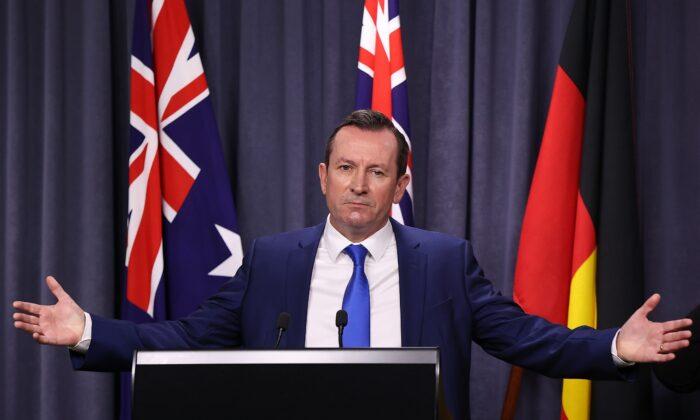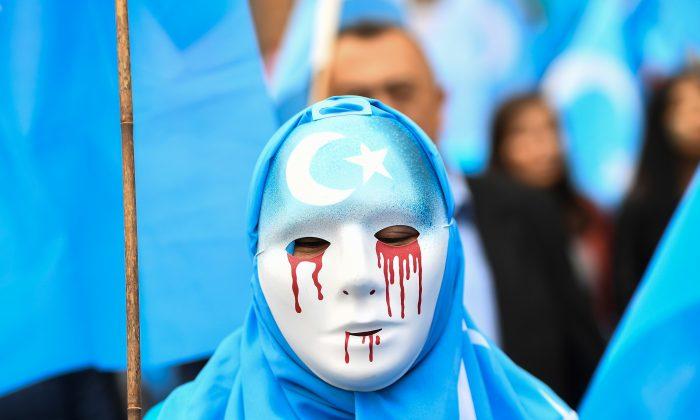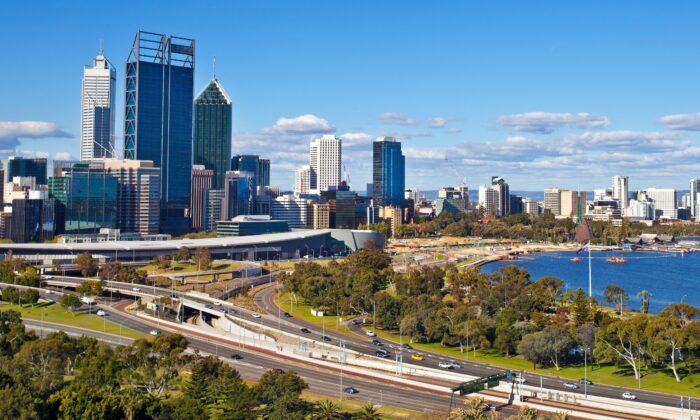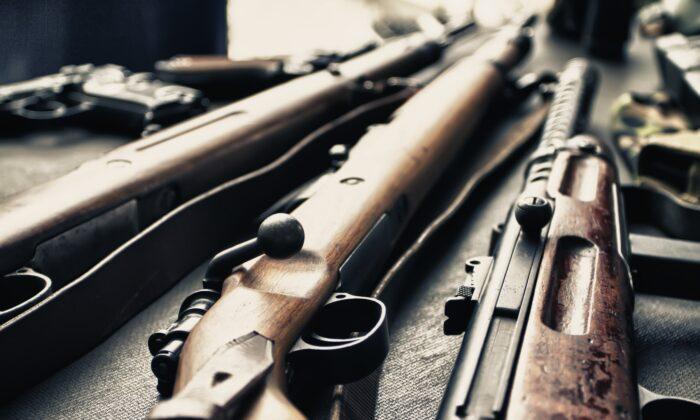McGowan also expressed his wish to return to China once the borders opened.
Speaking at an address to the Committee for Economic Development of Australia on Dec. 1, the WA premier lamented the federal government for causing a “more difficult” relationship with China.
“One, it’s unnecessary, and two, it’s inaccurate. So there’s no point to it, and it’s actually quite counterproductive,” he said. “I just urge everyone engaging in that sort of language to stop being irresponsible.”
This comes after Australia’s Defence Minister Peter Dutton expressed concern of “alarming” actions from Beijing—stemming from its attitude to the South China Sea and Taiwan, to its repeated cyber activities against foreign governments—which had presented a “disconnect” between its proclamations of peace and reality.
But McGowan stressed that it was in Australia’s best interest to engage with China on more favourable terms, announcing a plan to visit once international borders reopened.
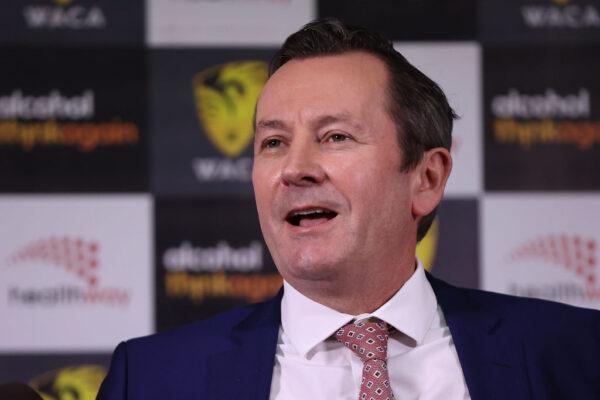
“The relationship with China is very important, we spent 50 years building a strong relationship with China and obviously the last three years or so have been much more difficult.”
“When I get the opportunity to travel [to China] and make sure we re-engage I will do that,” he said.
“Western Australia continues to be a reliable, very strong trading partner and a state that wants to continue to have a good relationship.”
The WA Labor government under McGowan has placed bilateral engagement with Beijing as a top priority, prompting criticism from groups speaking up against China’s human rights abuses of Falun Gong practitioners, Uyghers, Tibetans, and pro-democracy Hong Kong activists.
McGowan has personally met with CCP officials or delivered speeches at CCP-organised events on at least 34 occasions since the start of 2016, with at least four visits to China between 2017 and 2019.
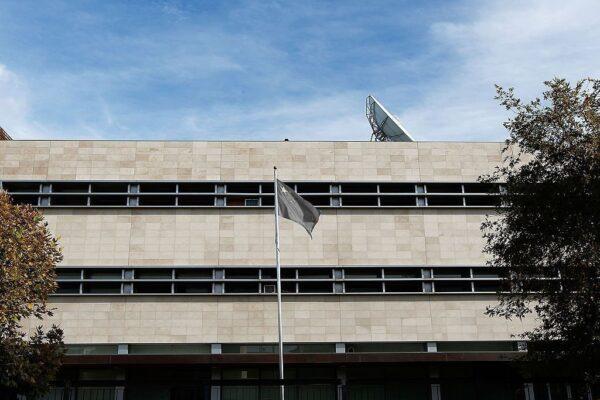
While iron ore exports proved fruitful, particularly following record-high prices of the commodity, other industries were not unscathed.
Specifically, following Australia’s call for an independent inquiry into the origins of COVID-19, Beijing hit back by slapping official and unofficial sanctions on Australian coal, wine, barley, beef, lobster, timber, and cotton—a move it has since admitted was politically motivated.
McGowan said that while WA-China relations had improved, the same could not be said on a federal level.
“Has it improved? I don’t think so. Nationally it hasn’t improved; we need to put effort into making it more balanced.”
